China is awash with fakery products, from iPhones, pirated DVDs, knockoff Louis Vuitton bags, baby diapers and whatnot. In 2012, a creative Chinese, Lin Chunping, took fakery to a new level. The rice trader became overnight superstar when he invented a U.S. bank and claimed he bought it, with even state media reported about his achievement, calling him a “business legend”.
The China government went as far as giving him a prestigious political appointment to the Chinese People’s Political Consultative Conference. Mr Lin even proudly announced a new name for his trophy – USA New HSBC Federation Consortium Inc. – injecting an air of respectability as if it was linked to London-based banking giant HSBC Holdings, a brand well-known in China.
The new bank was claimed to have attracted US$40 million in deposits with the prospect of turning an annual profit of US$5 million to US$6 million. Amusingly, Chinese reporters later found out, much to their embarrassment, that the supposedly US$60 million acquisition of Delaware-based Atlantic Bank never existed in that America state. Of course, 41-year-old Mr Lin was arrested but it was a sweet milestone, nevertheless.
In 2011, officials found 5 fake Apple stores in a city of Kunming. The stores were exact replicas of the U.S. Apple’s iconic stores, right down to the winding staircase and staffs in blue T-shirts. Chinese reporters also exposed a fake university, where students actually paid almost 30,000 yuan (US$4,800; £3,160; RM17,300) for a 4-year course to attend classes at Shandong Institute of Light Industry.
But those fakery stories pale when you read how some conmen scam about US$32 million (200 million yuan; £21 million; RM115 million) – with a fake bank in China. Apparently, some 200 people deposited their cash at what had been made to look like a state-owned bank near the eastern city of Nanjing. They were somehow convinced to part with their money by uniformed clerks at the realistic-looking building.
The fake bank – Nanjing Mou Village Economic Cooperation Unit – has decorated itself exactly the same as a bank, with LED screens, a queuing machine and also faked documents to prove itself as an authorized financial institute. With 200 people being conned about 200 million yuan, that would be roughly a million yuan poorer for each of the unfortunate depositors.
One businessman even handed over a whopping 12 million yuan (US$1.9 million; £1.3 million; RM6.8 million) in 2014. But customers soon grew suspicious after they didn’t receive the promised 2% interest on their investments. They tried to retrieve their savings, but were denied the money. Police reports were lodged and investigation found that it was actually a rural cooperative, with no permission to operate as a bank.
The bosses of the fake bank operated it as if it was a legal banking institution anyway. In total, 5 people were arrested over the allegedly scam, including a woman who took all of the deposited money and fled to gambling haven Macau. But there’s something amazing about the scam. The bank had been operating for more than a year, leading Weibo social network users criticizing the authorities – fake bank and a fake local government.
Other Articles That May Interest You …
- Do You Hide Money From Your Spouse? That’s OK And Here’s Why
- Leaked!! – The Ultra Rich And Powerful Chinese Who Stash Money Offshore
- Meet Land Wind, China’s Clone Copy Of UK’s Range Rover Evoque
- Jack Ma Kept Talking “Trust” – Did He Try To Signal He Won’t Scam Your Money?
- Here’re Tax Havens To Hide Your Black Money & Plunder
- Top 20 Countries With Highest Proportion of Millionaires
- A Brilliant Beautiful Fake Apple Store, in China

|
|
January 28th, 2015 by financetwitter
|


|

|

|

|

|

|






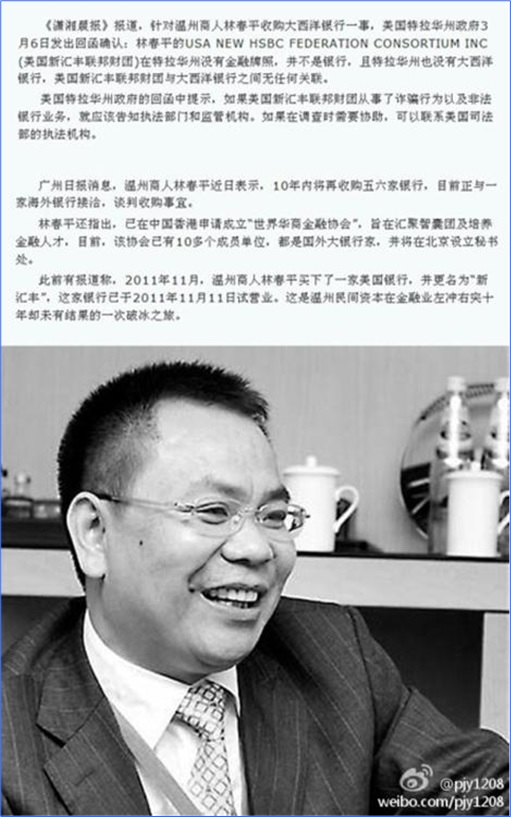
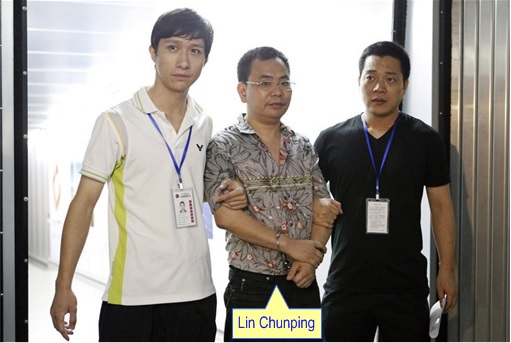
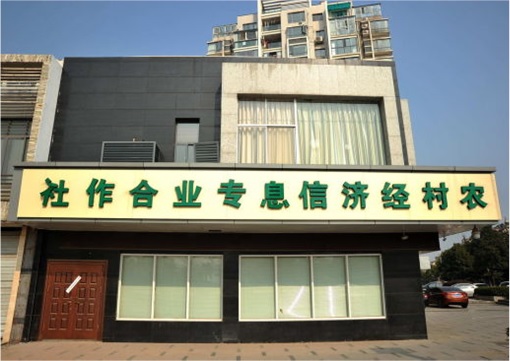
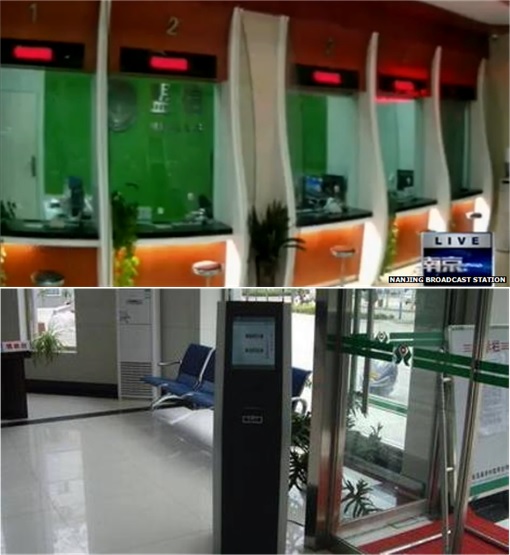
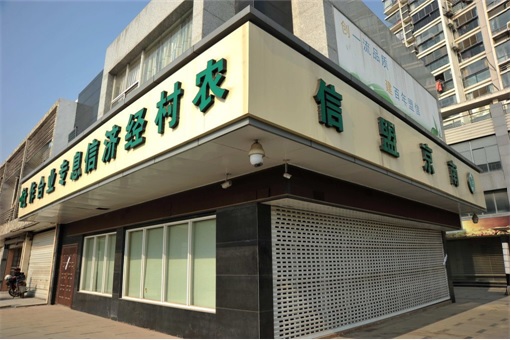
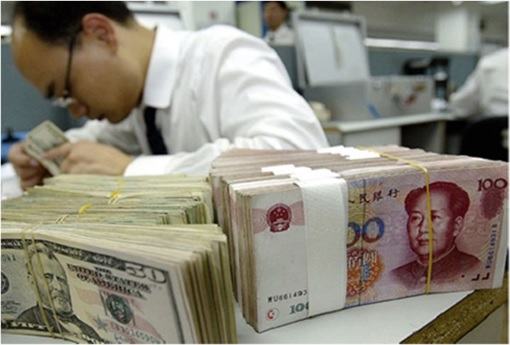






















Comments
Add your comment now.
Leave a Reply